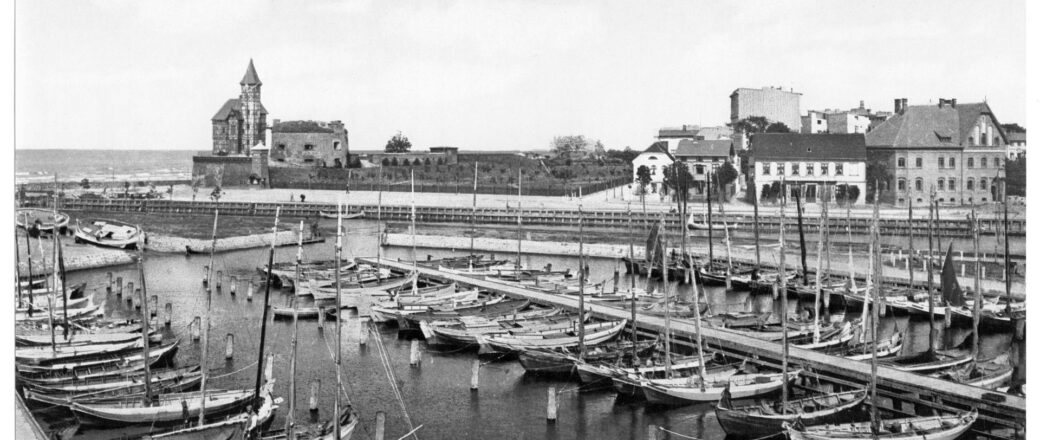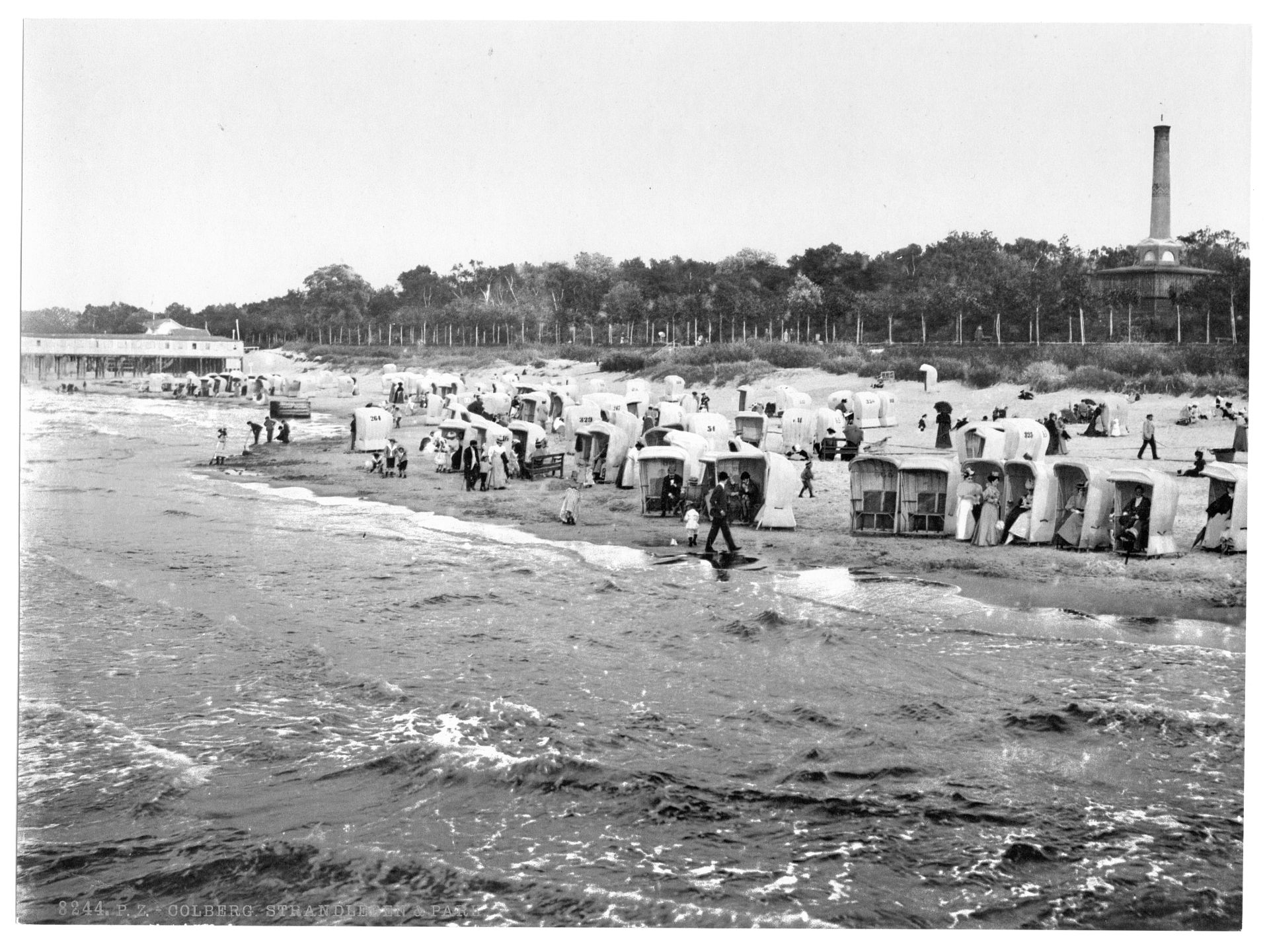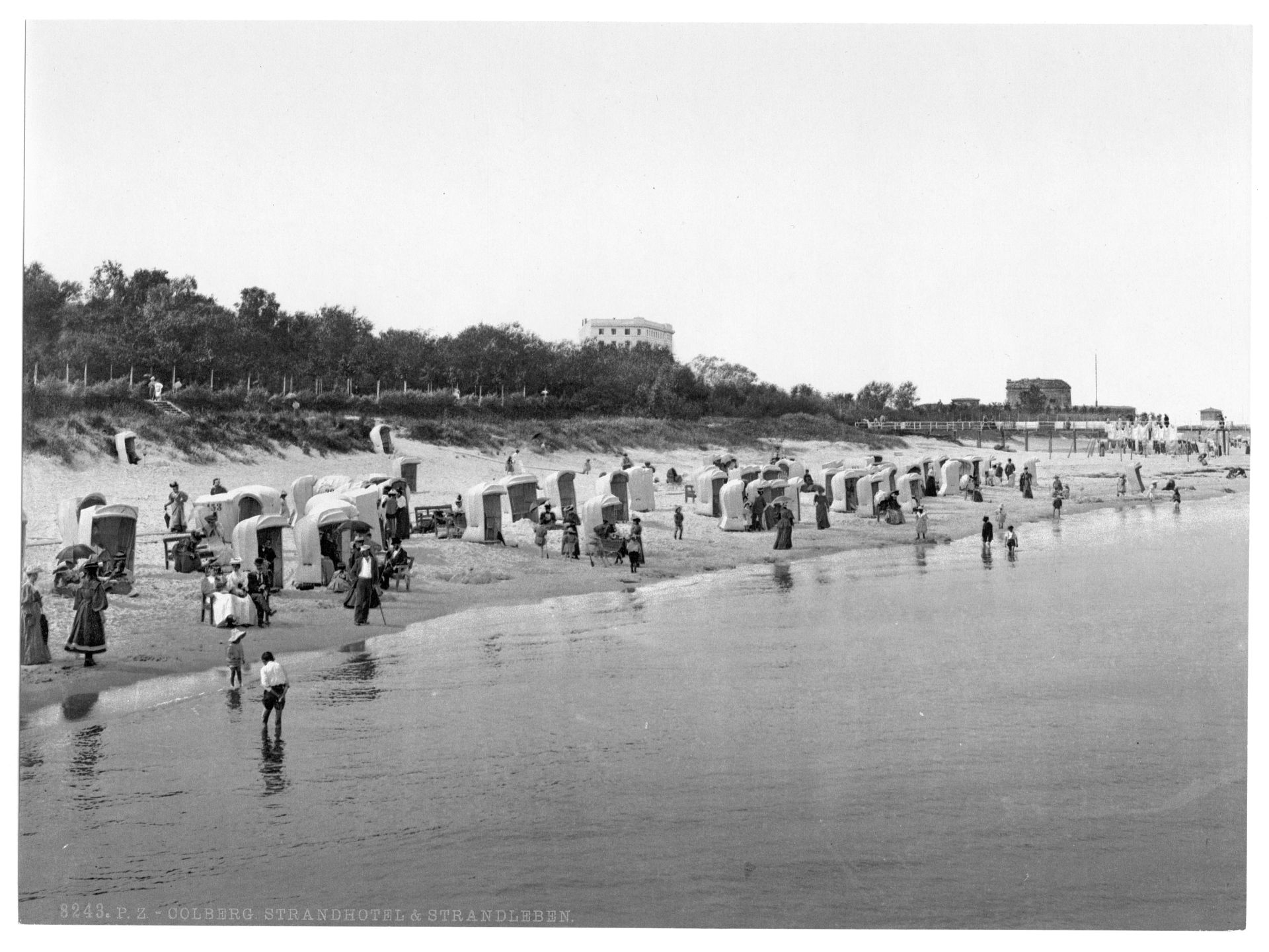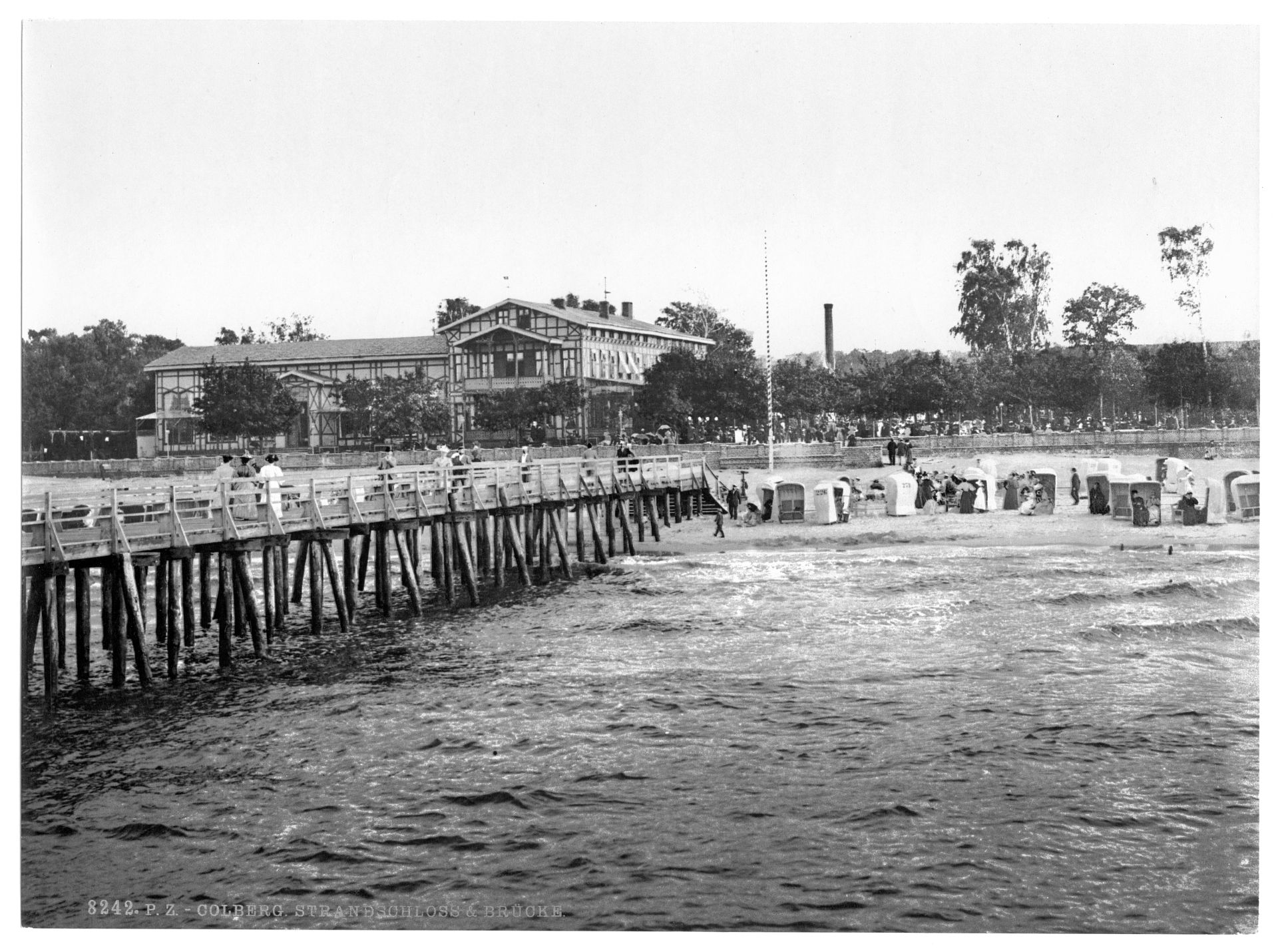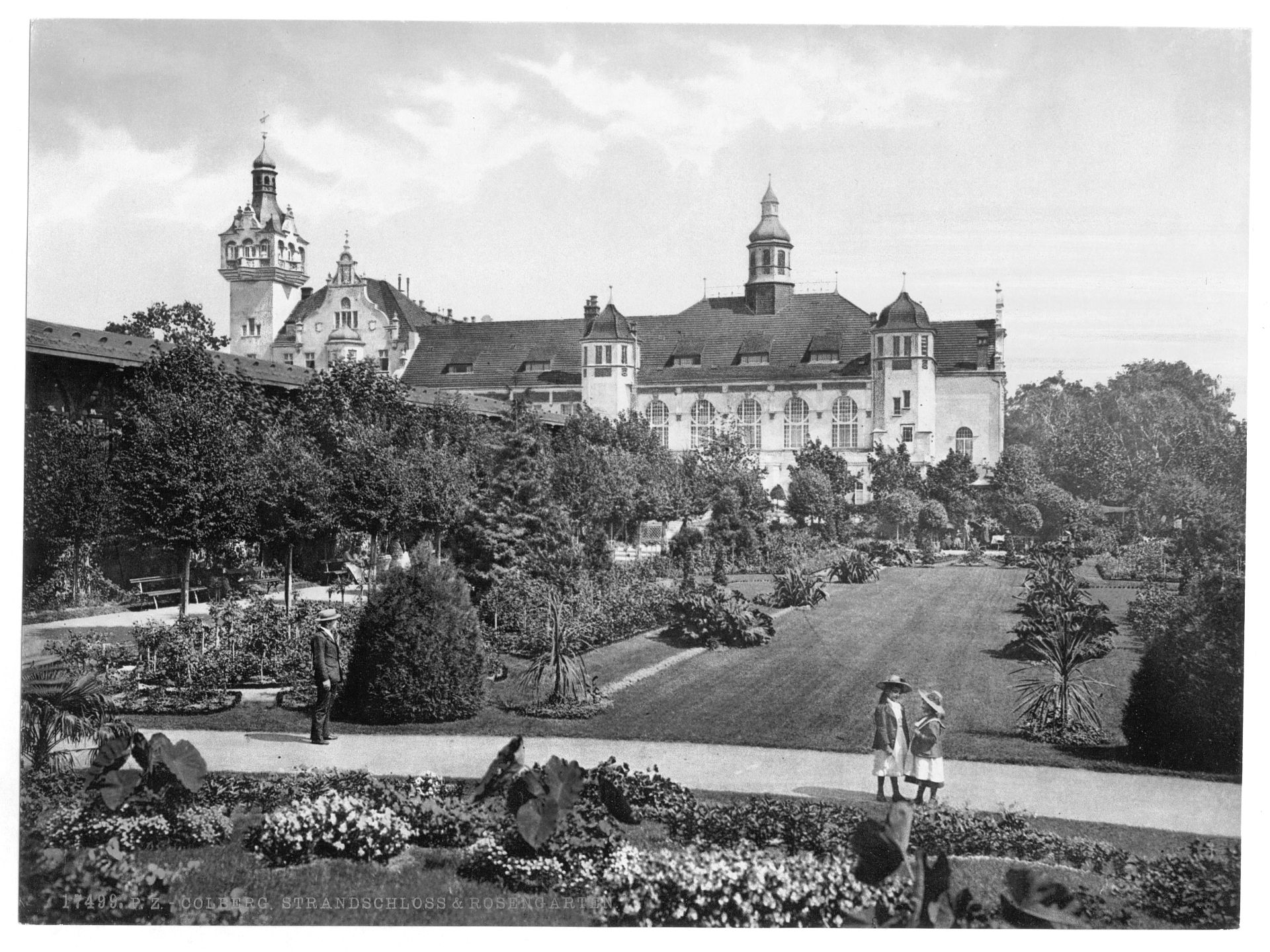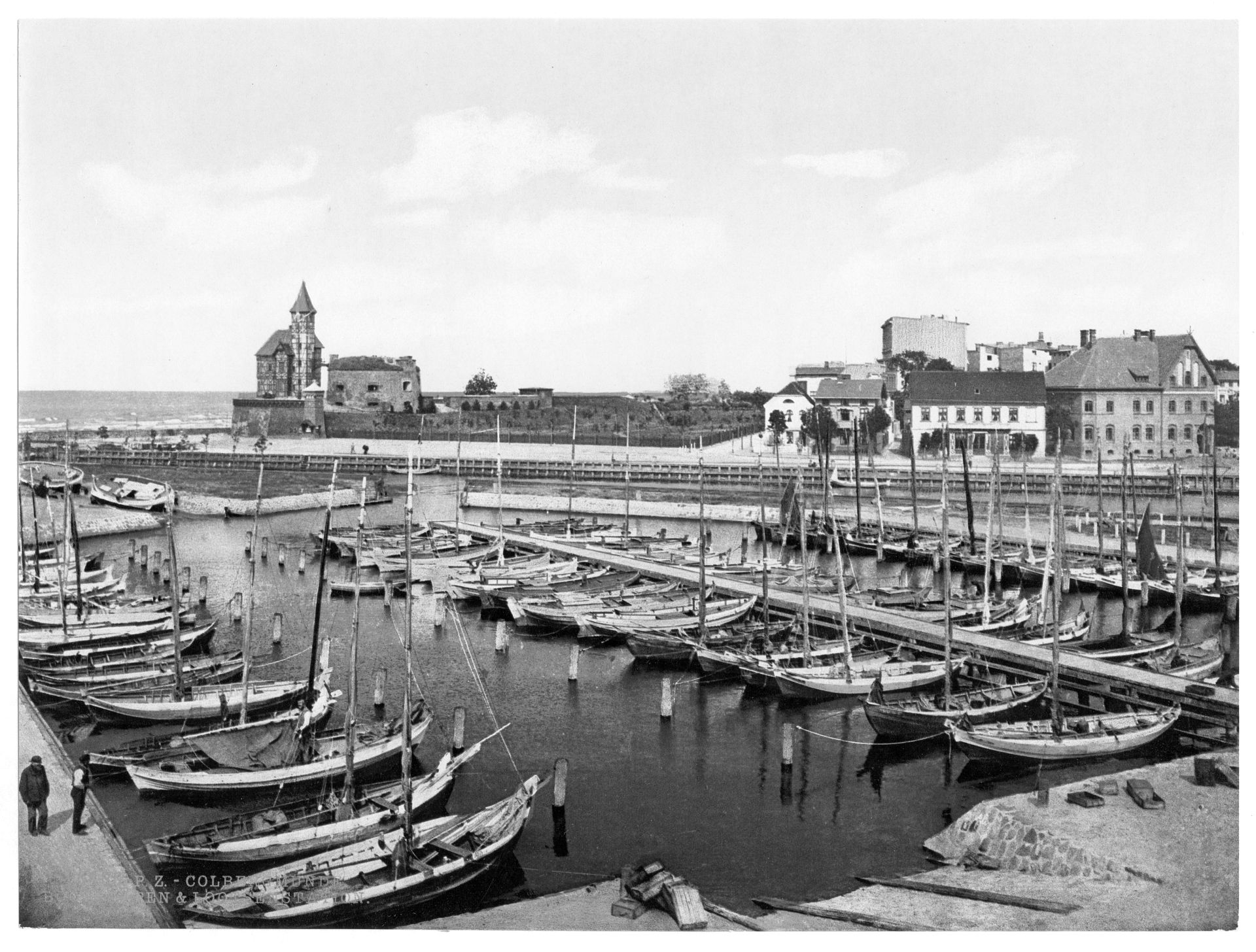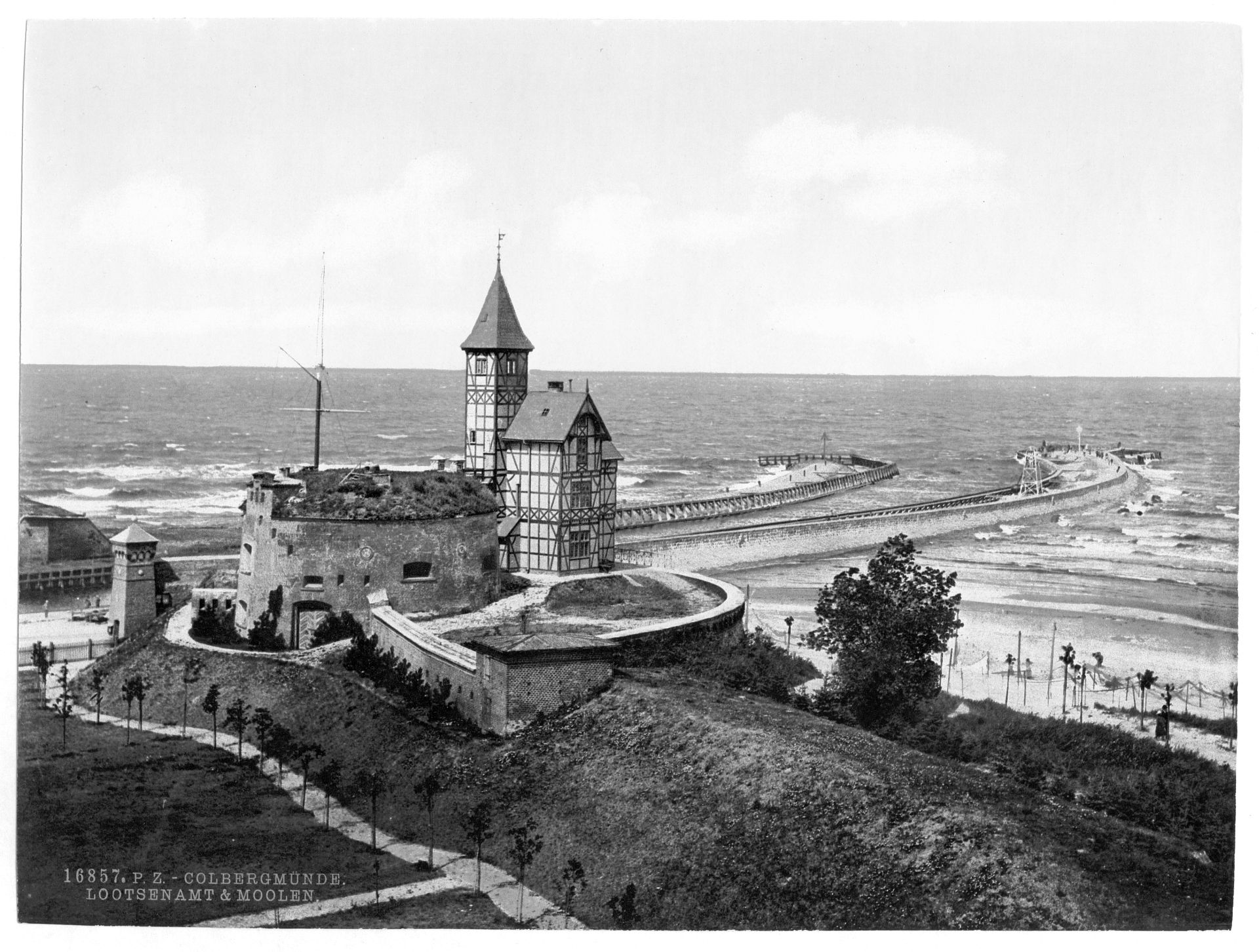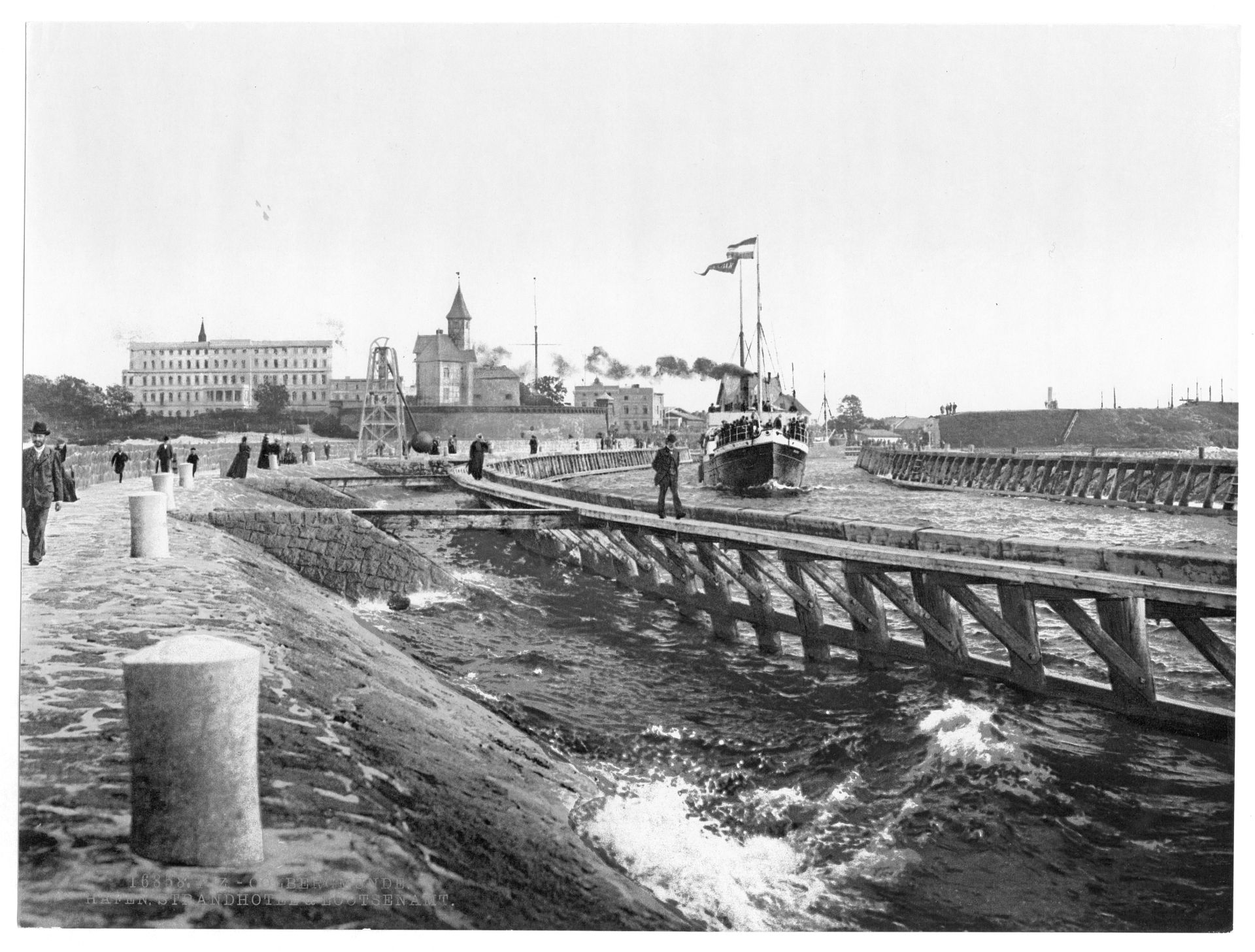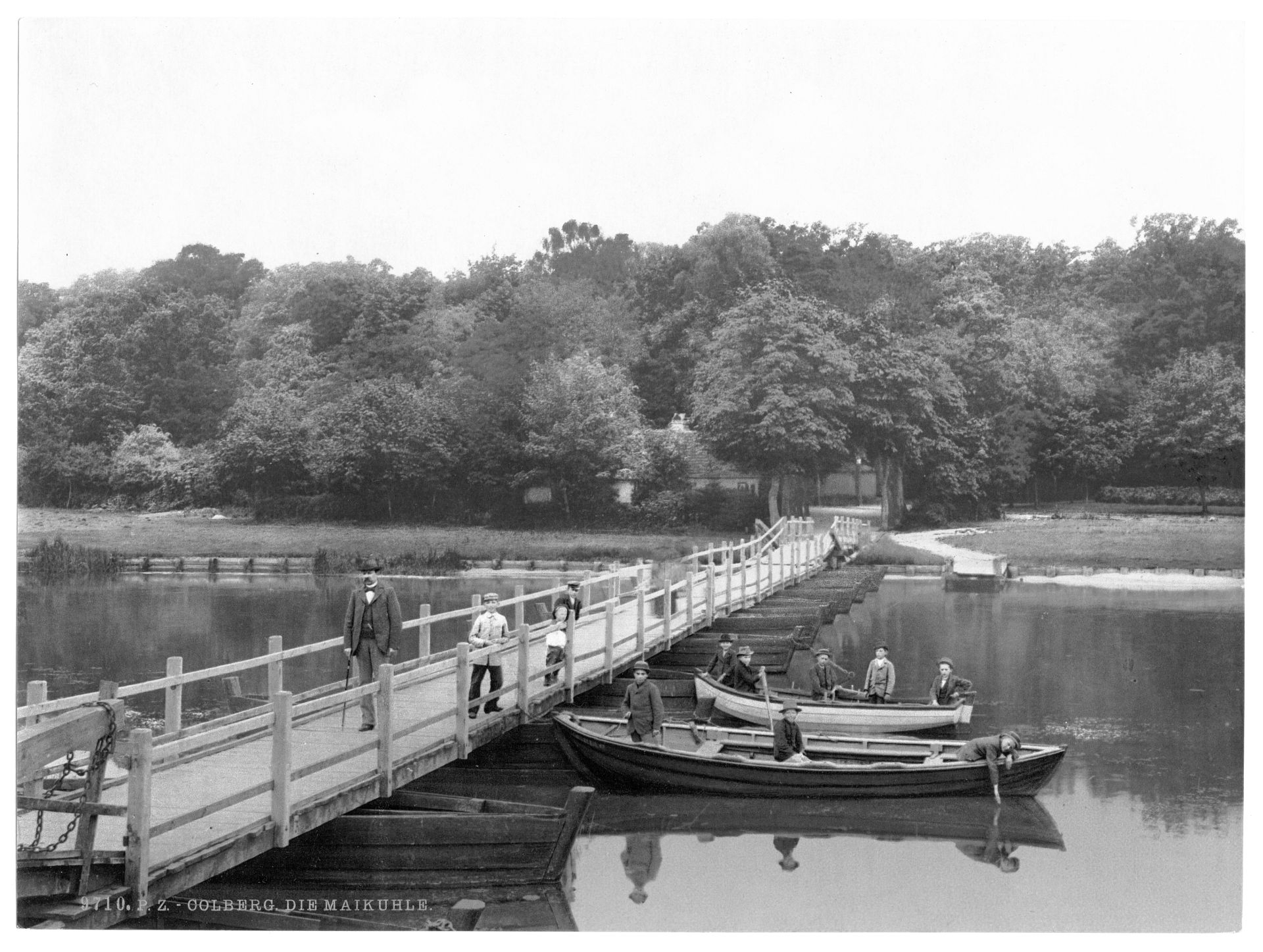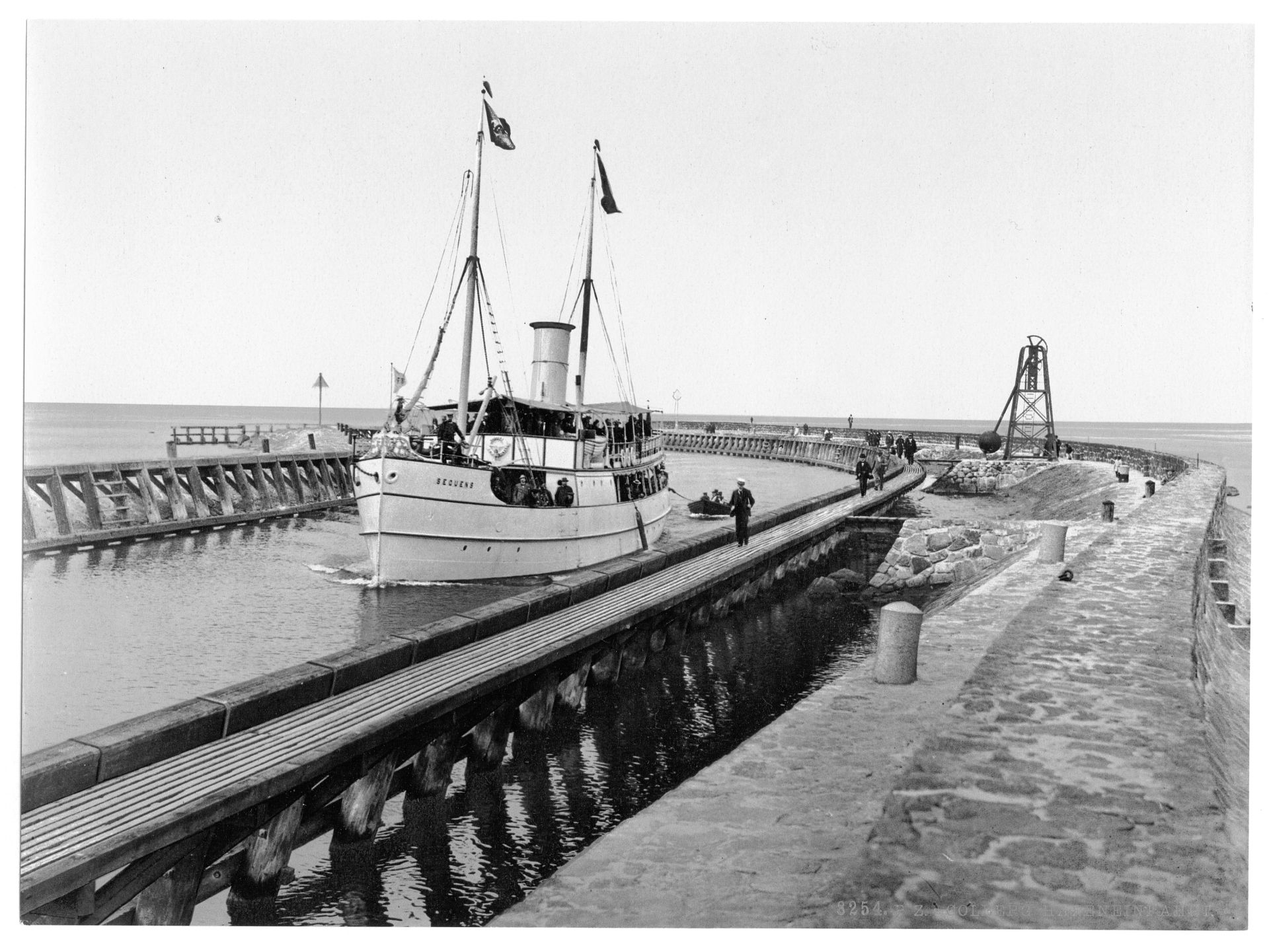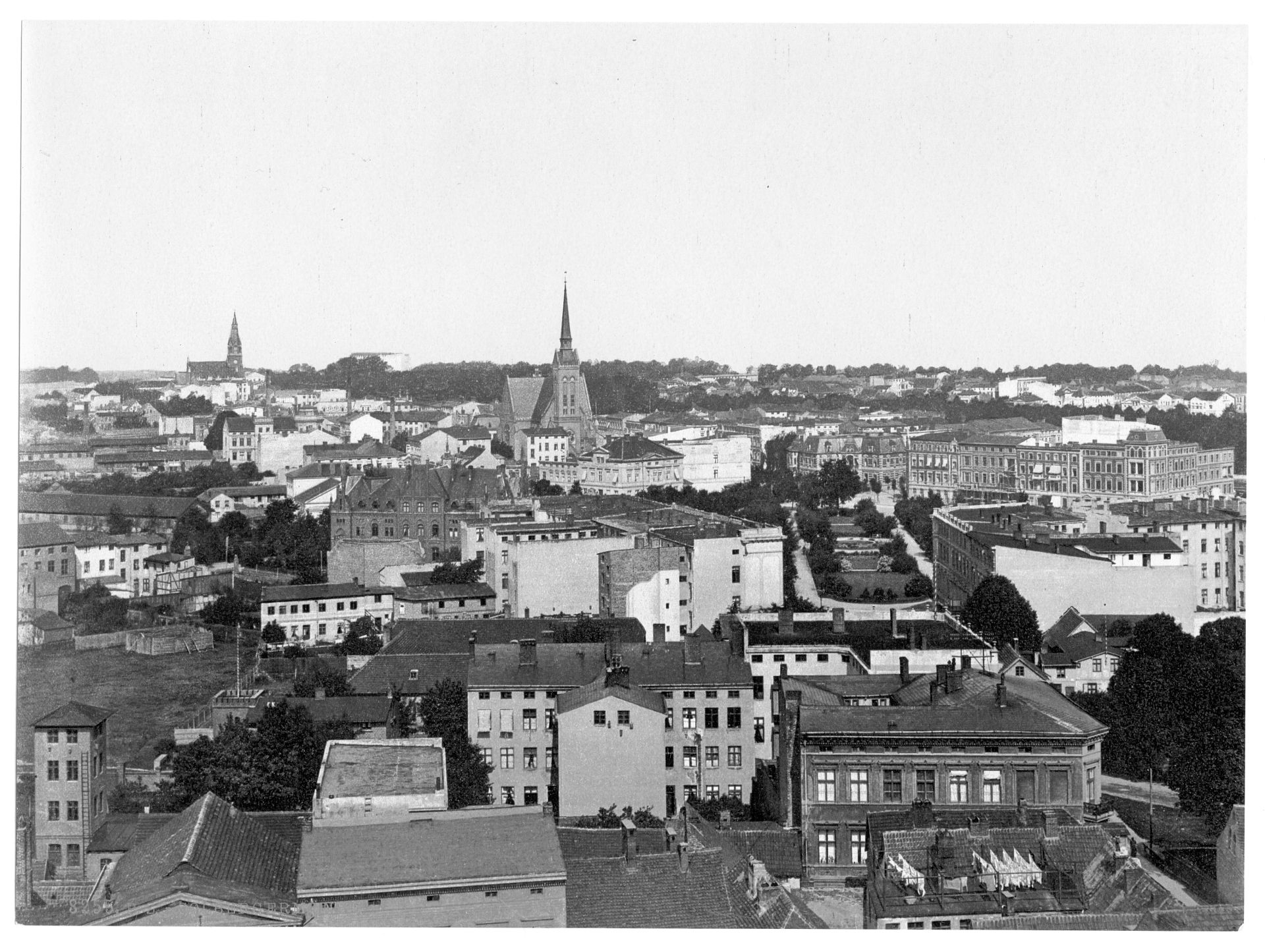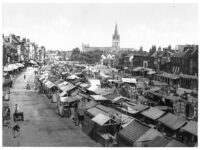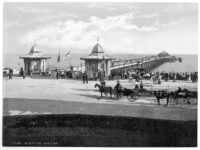In the early 19th century, the town’s medieval fortifications were demolished and replaced by parks. The duke also started the collection of copperplate engravings that is today part of the Veste Coburg museum. Under his son, Ernest, the Schlossplatz with what is today the Landestheater Coburg was created. He also rebuilt the Ehrenburg in Gothic revival style.
In the mid-19th century, Duke Ernest II supported national and liberal ideas and Coburg hosted the first meeting of the German National Association, the founding of the Deutscher Sängerbund and the first Deutsches Turnfest (national sports festival).
During the 19th century, dynastic marriages created ties with the royal families of Belgium, Bulgaria, Portugal and Britain. This turned the ducal family from the rulers of a fairly obscure backwater duchy into one playing an influential role in European politics. The era of political influence peaked with Leopold Frederick; born Prince of Saxe-Coburg-Saalfeld, becoming the King of Belgium in 1831 and Prince Albert of Saxe-Coburg and Gotha, born in Schloss Rosenau, marrying his first cousin, Queen Victoria in 1840. The marriage between Albert and Victoria established the present British royal house, which renamed itself Windsor during World War I. This marriage in turn led to a union with Germany’s ruling dynasty, the Hohenzollerns, when the couple’s eldest child, Victoria, married the future Kaiser Friedrich III.

